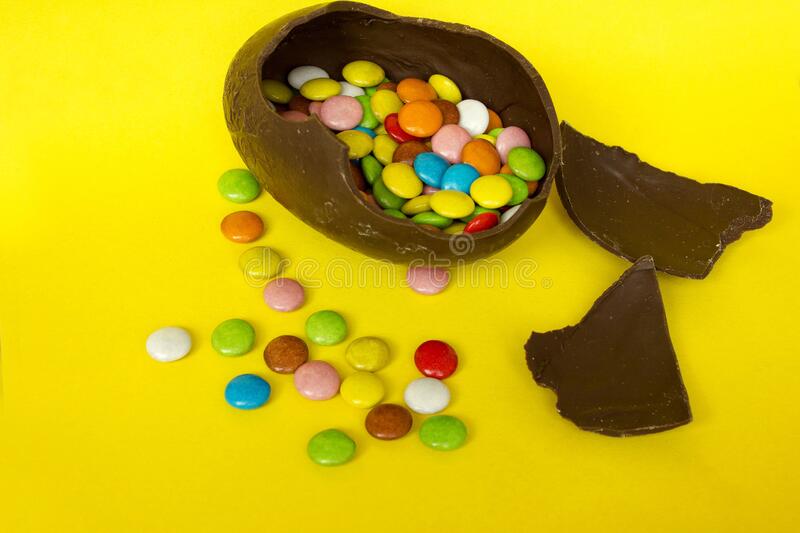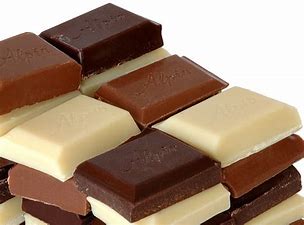Whether it is dark, milk or white, in the shape of a bunny
or an egg, many of us will be enjoying chocolate this Easter. And even if you
do not celebrate Easter, chocolate is still a favourite for many people.

What is not to love? It tastes good, smells good, and that
creamy, melt-in-your-mouth consistency stimulates feelings of pleasure on the
tongue. It is the most commonly craved food in the world, and science may be
able to explain why.
The whole experience of eating chocolate results in
feel-good neurotransmitters, mainly dopamine, being released in the brain, says
Amy Jo Stavnezer, a professor of psychology and neuroscience.
Dopamine is released when you experience anything that you
enjoy – sex, laughing, or watching your TV show. Dopamine helps you to remember
positive experiences, explains professor Stavnezer, and will give you a little
surge of anticipation when you see, smell, or even just imagine chocolate.
Scientists originally thought that the compounds chocolate
contains, such as theobromine and caffeine, could activate the dopamine system
directly, like cigarettes and cocaine do. But experiments have shown that it’s
a combination of all the components of chocolate – the mouth-feel, the taste,
the sugar and fat ratio, plus the effects of the many different chemicals –
that drives the craving.

Now you know you are biologically driven to eat that
chocolate, take your time with it. Choose quality chocolate, eat it slowly and
do not feel guilty.